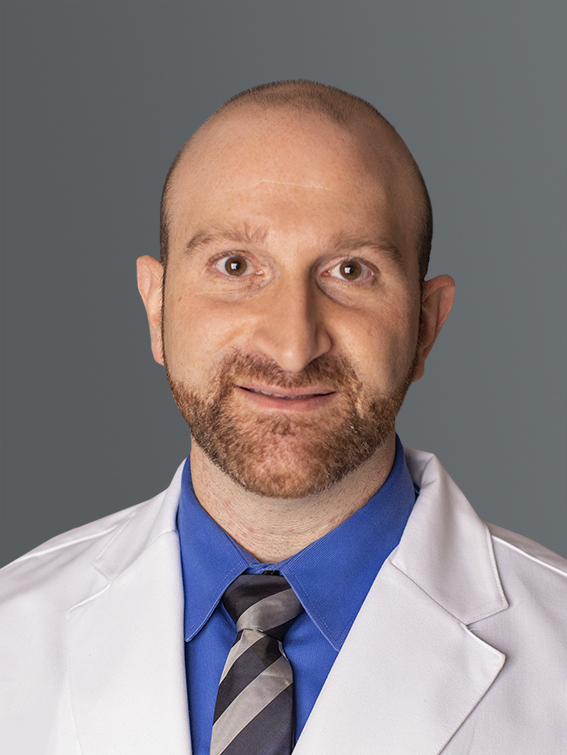Isaac Hardoon, DO Chief of Supportive and Palliative Care Division
Port Jefferson Station, NY, February 1, 2021- New York Cancer & Blood Specialists (NYCBS), one of the Nation’s leading oncology practices announced the addition of dual boarded Internal Medicine and Hospice and Palliative Medicine physician, Isaac Hardoon, DO.
Dr. Hardoon will lead as the division as Chief of Supportive and Palliative care.
“Palliative Care gives me the opportunity to know my patients as people first rather than as a diagnosis,” Dr. Hardoon said. “I have always cared for patients as if they were part of my family and that is the philosophy at NYCBS.”
Palliative care is a medical discipline aimed at improving the quality of life for patients with a serious, life-limiting, and advanced illness. NYCBS’ expansion in the integration of palliative care seeks to enhance the quality of the care patients receive by focusing on what their goals of care and treatment are.
Dr. Hardoon is a graduate of Stony Brook University where he received a Bachelor of Arts in Theater Arts with a Minor in Biology. He obtained his Doctor of Osteopathy from West Virginia School of Osteopathic Medicine and completed his internship and residency in the Department of Medicine at Maimonides Medical Center in Brooklyn. Dr. Hardoon completed his fellowship in Hospice and Palliative Medicine at Montefiore Medical Center in the Bronx, and for the past 3.5 years was a Palliative Care Attending Physician and serves as Assistant Professor of Medicine at Albert Einstein School of Medicine.
“I am excited to be part of a team that aims to ensure the emotional, physical, and spiritual wellbeing of patients every step of the way, during treatment and thereafter. As we spoke about NYCBS’ desire to build a palliative care program, it reminded me of how important it is for me to work in a place where patient care is front and center, providing exceptional medical care to patients, working with excellent oncologists and other clinical staff to make that happen smoothly. I cannot think of a better place to work to help the patient population improve their quality of life through their journey."


